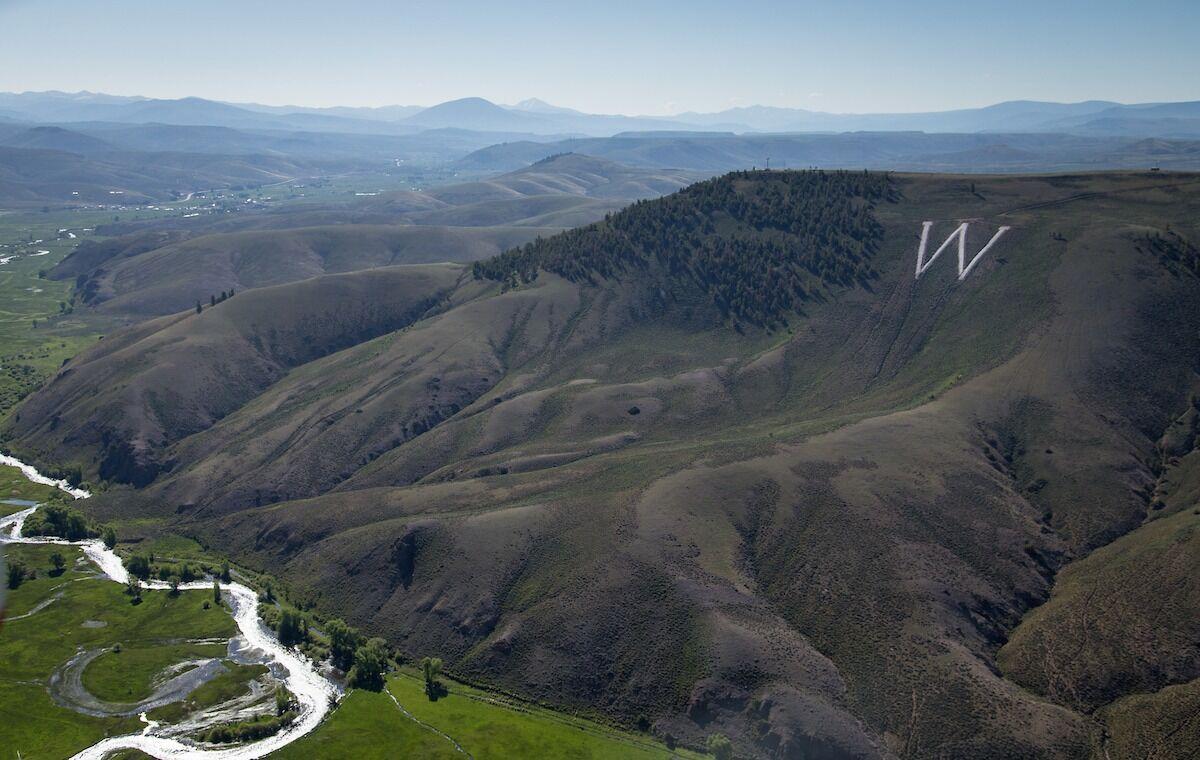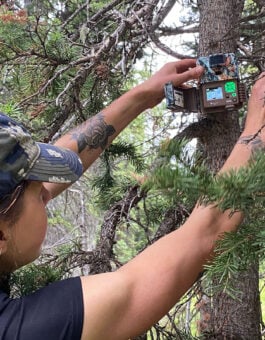Katya Koepsel, a first-year student in the Master of Environmental Management (MEM) program, was among eight Western students who attended the United Nations Mountain Partnership (UNMP) conference in Aspen, Colorado last September. With a passion for global sustainability, Koepsel knew that the opportunity to join in on an international conversation about mountain issues was one she couldn’t pass up.
The United Nations Mountain Partnership
The Mountain Partnership is a global group of volunteers in government and non-governmental organizations who advocate for sustainable development in mountainous regions. This year’s event was entitled Women Move Mountains. The students who attended had the opportunity to host a zoom-based celebration of the contributions made by women as part of the UN’s International Mountain Day (IMD).
“The Clark School of Environment and Sustainability at Western, specifically the University’s Center for Mountain Transitions, has, in many ways, taken a leadership role in IMD celebrations,” said Gillian Bauer, Chief of Staff for the Clark School of Environment and Sustainability. “We utilize IMD as an opportunity to invite mountain voices from across the globe to share their mountain work.”
International Mountain Day Events
For the IMD events, students, non-profit workers, and community leaders from around the world submit presentations for selection. The school then invites the entire UNMP community to celebrate both their shared narratives and efforts to empower diversity.
“There are a lot of both environmental and social issues that affect people in mountain communities and they all kind of have the same experiences because they’re all mountain related,” said Koepsel. “I think that highlighting women’s experience specifically is really important.”
A Global Panel
Bauer coordinated Western’s IMD celebrations this year, including the Women Move Mountains event. The event featured a global panel of mountain women with representation from India, Argentina, North America, Mexico, South Africa, and Chile.
“Mountain women are often the hearts of their communities,” said Bauer. According to Gender Issues in Mountains 2015, the primary managers of mountain resources, guardians of biodiversity, and the main agricultural producers in the mountains are often women. Because of this, mountain issues affect women at a disproportionate rate.
Mountain Women Making an Impact
“Put simply, mountain women have wide-reaching and long-lasting impacts on their communities and disproportionately face the threats of climate change,” said Bauer. “The empowerment and inclusion of women in mountain resilience efforts is one of the most fundamental tools we have to ensure that mountain communities thrive now and into the future.”
Learn more about the Clark Family School of Environment and Sustainability at Western.
Author Credit: Kinlee Whitney


